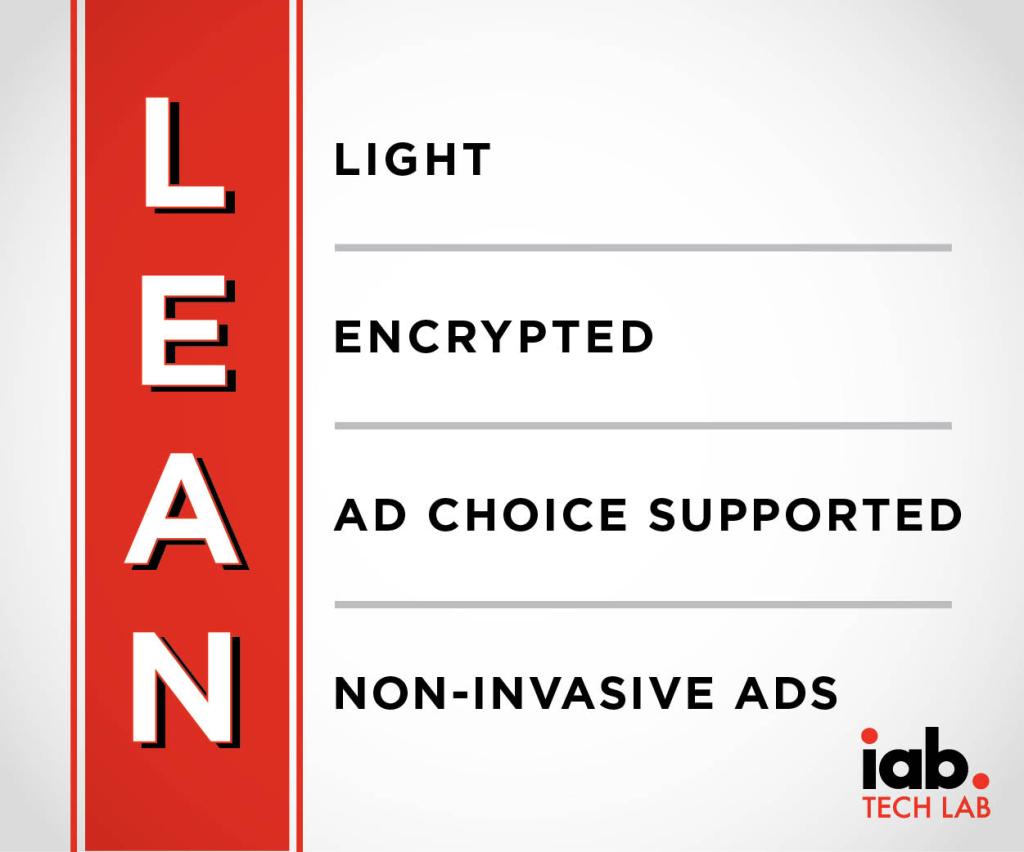After adding a built-in ad-blocker to its desktop browser back in March, Opera stepped into and stepped up the debate about online ad-blocking.
The company has argued killing ads makes for a better consumer browsing experience, flagging up faster speeds and lower data consumption gleaned once ads are stripped away, and arguing generally that ads have become “one of the major annoyances of web browsing”.
It has also just now started the rollout of its ad-blocker to its suite of mobile browsers, beginning with Opera Mini for Android. So it’s stuck to its guns thus far, despite taking some flak from publishers and, inevitably, the ad industry, for its decision to default switch on ad-blocking for its users.
But as my TC colleague Frederic Lardinois has pointed out, there are a few odd notes here — not least that Opera itself owns an online advertising firm (Opera Mediaworks). It is also in the process of, albeit perhaps unwillingly, being acquired by a consortium of Chinese companies that includes several ad companies.
Whatever Opera’s multi-threaded motivations, it has now thrown the ad industry a bit of a bone — with the promise of juicier meat, should it show it can truly reform its ways when it comes to key consumer issues such as page load speeds, page bloat, privacy and general ad trickery/annoyance.
In a blog post yesterday, Opera’s SVP of global engineering, Krystian Kolondra, asserted the company does not hate ads but rather wants the industry to adapt to meet consumers’ expectations, pointing to how browsers helped curtail annoying pop-ups ads in the past as an example of how ad makers have adapted to browser-enforced changes before.
And bringing up the concept of ad whitelists by noting that Opera provides a tool where users can test how heavy a webpage’s ads are in order to “make an informed choice about whether or not they want to block ads or add a page to their own whitelist”.
Kolondra then says Opera considered building its own whitelist of ‘acceptable ads’ — to borrow the phrasing used by desktop ad-block company Adblock Plus (whose business model involves ad giants paying it to have their ads whitelisted, provided those ads also conform to its set of guidelines about contextual relevance, low intrusiveness and so on).
He writes:
We think browser-level or server-side native ad blocking is faster and better than extensions or other third-party tools. Opera currently only features a very small whitelist of websites, but we’re aware we need to provide a better solution for the future. The big question is: which ads are good, which are bad for the users, and who is responsible for making it better?
However at this point it looks like Opera is not going to seek to replicate a whitelist-style ad business model of its own. Rather Kolondra says it intends to work with an ad industry standardization effort to drive change — albeit, with an implicit threat that if this initiative doesn’t live up to consumer expectations, Opera may have to have a rethink.
“We first considered implementing our own solution, but after discussing with industry bodies like Internet Advertising Bureau (IAB), we think we can influence the ad industry to change by working together with them on their existing standardization efforts,” writes Kolondra, adding that Opera is “now talking with IAB to see how a browser can implement support for their LEAN initiative, once this is ready, if it truly manages to serve the end user needs for speed“.
(Emphasis his.)
The Lean initiative — which stands for ‘Light, Encrypted, Ad choice supported, Non-invasive ads’ — was launched by the IAB in October last year, in direct response to the rise in popularity of ad-blocking technologies. Although it is not aimed at overhauling ad standards entirely. But rather an attempt to create an alternative set of standards to, in the words of the IAB, “provide choice for marketers, content providers, and consumers”.
Whether the ad industry has the ability to reform its practices wholesale seems doubtful. But the prospect of a sub-set of so-called ‘Lean’ ads being whitelisted by browsers like Opera in future — thereby providing an incentive for more ad companies to adhere to these alternative standards — seems to be the thinking here.
It’s not entirely clear what Lean ads means in practice at this point, either, although the IAB specifically references two of the many necessary “areas of concentration”, as it puts it, as:
- frequency capping on retargeting in adtech so that a user is “targeted appropriately before, but never AFTER they make a purchase” (i.e. fewer ads that stalk you around the Internet after you looked at buying a curtain that one time… );
- and the volume of ads per page” — with the IAB talking opaquely about continuing “on the path to viewability”. So presumably that translates to: stopping larding so many ads into webpages that it makes seeing actual content hideously and horribly hard
So, for Opera, as a company with its own ad subsidiary and potentially also soon the subsidiary of a bunch of ad companies, a compromise strategy on ad-blocking that involves whitelisting a subset of better ads appears to be a little more coherent than an out-and-out anti-ad stance.
Albeit, as TC’s Frederic Lardinois has previously noted, the company has been going through a period of uncertainty in recent times — with CEO Lars Boilesen telling TechCrunch earlier this year that the in-train acquisition wasn’t really his decision and that the company would be just fine if the deal never closed. One suggestion therefore being that Opera’s ad-blocking push might in fact be an attempt to provoke its potential acquirers and perhaps sabotage the deal.































Comment